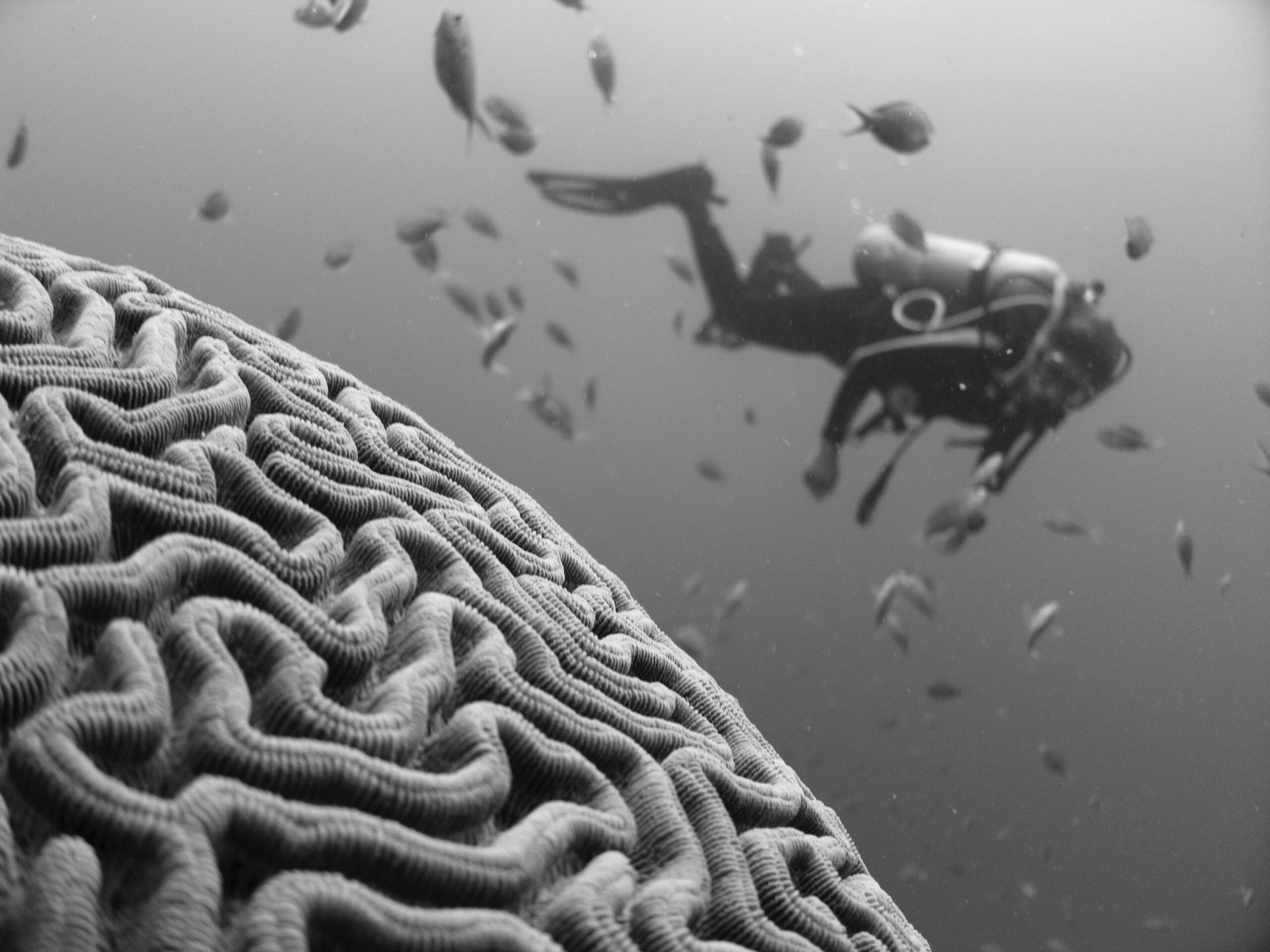All over the world, different countries are legalizing or passing bills to legalize the use of cannabis. This has led to the recreational use of cannabis spreading all over the world and even to the younger generation. As much as Cannabis interacts with the body system, it also has some effects on the brain too. This has led to curiosity as to the interaction between Cannabis and the brain.
Most of the side effects of Cannabis are on the mind and the brain. Cannabis has been proven to damage brain cells, which lead to several symptoms within the body. The relationship between Cannabis and the brain is a toxic one. Let’s delve into the effects of Cannabis on the brain.
Effects Of Cannabis On The Brain
1). Psychosis
This is a severe mental disorder caused by a long term relationship between Cannabis and the brain. Different researches have associated the use of cannabis with a higher risk of psychosis. It is a medical term that applies that involve losing touch with the real world, such as hallucinations or paranoia.
Research by Schizophrenia Bulletin journal published in 2016 looked at previous studies of about 67,000 people. They found that people in the study who used marijuana were more are likely to be diagnosed with a psychotic condition. It may include schizophrenia.
Another review by a journal in Biological Psychiatry also discovered the connection between cannabis use and an increased risk of psychosis. They claimed that Evidence can prove that the relationship between Cannabis and the brain can lead to a mental and psychological disorder.
2). Reduced IQ.
Most young adults or teenagers that engage in cannabis for a long time are at risk of lower IQ. Studies have shown that as they grow older, their level of reasoning drops.
Intelligence Quotient has also known as IQ, is a measure of one’s ability to reason. It is used to determine how well your brain processes information and how we use logic to solve problems. This part of the brain is affected adversely due to long term intake of cannabis by teenagers.
The number of brain cells killed off by cannabis would also depend on how a person has smoked. Furthermore, it also depends on the age of use. The effects of cannabis on the brain mostly affect individuals under 25 as their brains are still developing.
A study of cannabis’s effect on IQ revealed individuals who began using cannabis at a young age lost 6 to 8 points from their IQ by middle age. Moreover, those who smoked cannabis throughout their adolescence, then stopped, did not regain their IQ points.
Conversely, individuals who began using cannabis in their adulthood did not endure any IQ loss.
3). Change In Size Of The Brain
Studies have shown the relationship between Cannabis and the brain can lead to changes in the size of the brain.
In a study published in November 2014 in the journal Proceedings of the National Academy of Sciences, researchers looked at 48 adults who used the drug at least three times a day, for an average of eight or nine years, and 62 people who didn’t use Cannabis.
It turned out that the people who had been smoking cannabis daily for at least four years had a smaller volume of gray matter in a brain region called the orbitofrontal cortex, which previous research had linked to addiction.
Though there’s no sufficient studies to link the use of cannabis to changes in the brain. However some studies have shown that it has a lot to do with the cannabinoid Tetrahydrocannabinol also known as THC. This is because THC has been shown to affect cannabinoid receptors, which are involved in appetite, memory and mood, and are present in large numbers in the orbitofrontal cortex.
4). Cannabis Addiction and The Brain’s Reward System
The brains of heavy cannabis smokers have been conditioned to react differently to the brain’s reward system compared to those that are not regular cannabis smokers.
In a recent research published in May 2016 in the Human Brain mapping journal , the scientists wanted to find out if the brain of chronic marijuana smokers would react separately to the pictures of objects associated to smoking of Cannabis than they did to the pictures of objects like their best fruits.
The result of this research discovered that persons who have smoked cannabis for at least 12 years have shown greater activity in the brain’s reward system when they looked at the pictures of the objects used when smoking cannabis like a pipe or rolling paper than when they looked at the pictures of their favorite objects or fruit.
However, those that are not Cannabis smokers did not show any brain activity in that part of the brain when they were shown the different objects.
This research shows that Cannabis disrupts the natural reward circle of the brain and makes cannabis very important to the user, this leads to addiction.
5). Connectivity In The Brain
Surprisingly, Studies have also shown that the brains of people that smoke Cannabis shows large connectivity which proves how well information travels around the brain of the user.
THC structure can be likened to the brain chemical anandamide. This likeness makes the body identify with THC and disturb normal brain communication and connectivity. Usually anandamides act as neurotransmitters because they send chemical messages between neurons throughout the nervous system in the body.
They affect brain areas that influence pleasure, memory, thinking, concentration, movement, coordination, and sensory and time perception. Because of this similarity, THC is able to attach to molecules called cannabinoid receptors on neurons in these brain areas and activate them, disrupting various mental and physical functions causing adverse effects.
The neural communication network that uses these cannabinoid neurotransmitters, known as the endocannabinoid system, plays a critical role in the nervous system’s normal functioning, so interfering with it can have profound effect. This proves the effects of the relationship between Cannabis and the brain .


